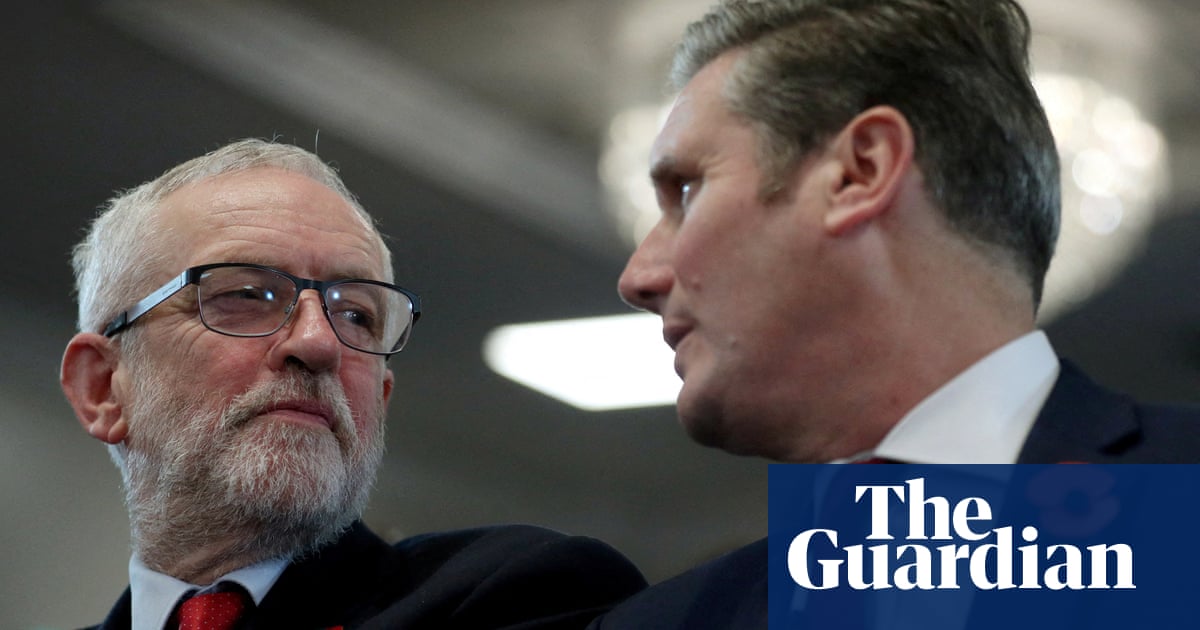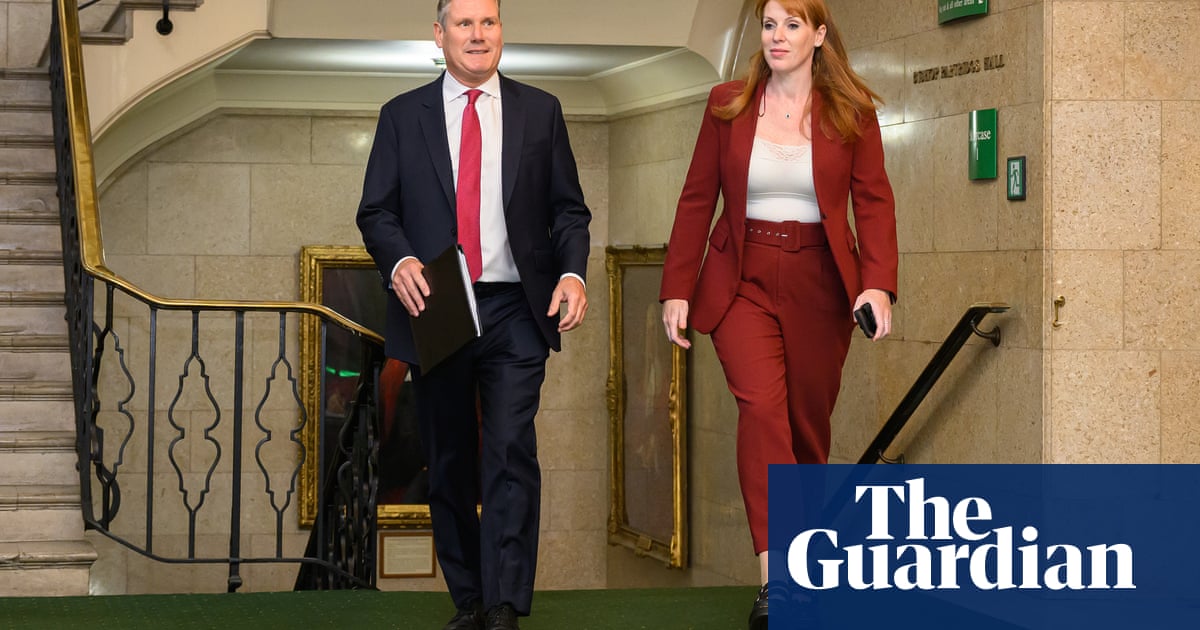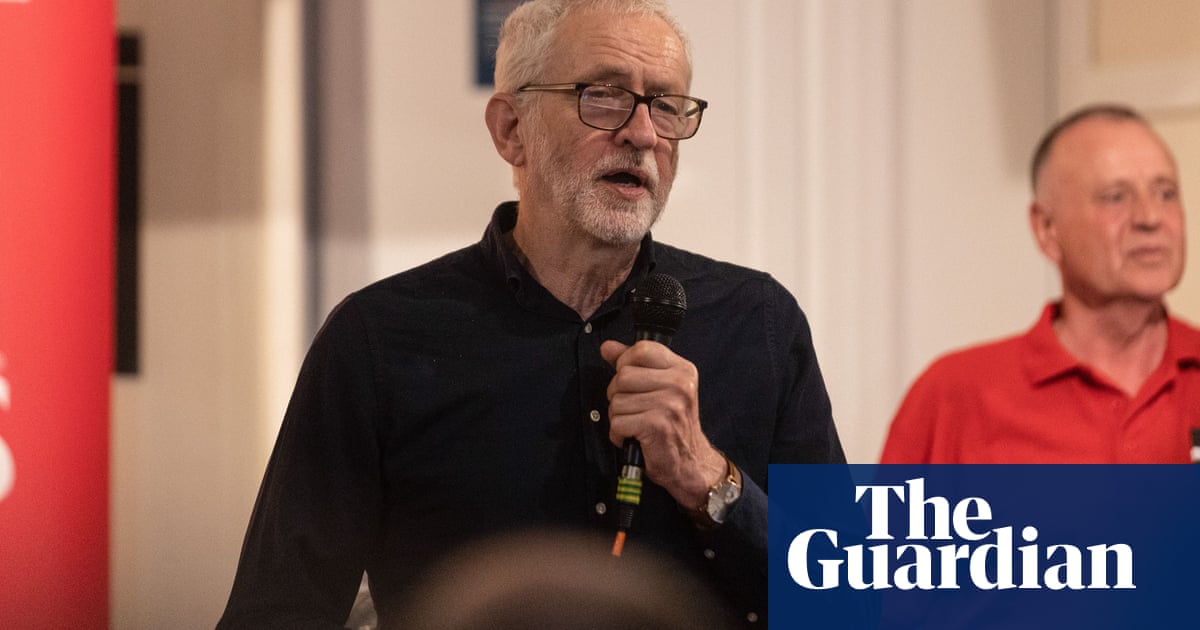
eir Starmer stood for, and won, the leadership of the Labour party on a platform of party unity, and continues to insist that that is his goal. Labour members and Jewish Labour supporters across the party’s political spectrum (including many Jewish socialists who are active supporters of Jeremy Corbyn) need the Labour party to unite to overcome antisemitism and to resist the government’s destruction of our health and our livelihoods.
Corbyn’s response to the EHRC report provides many grounds for such unity. Most importantly, having stated that “anyone claiming there is no antisemitism in the Labour party is wrong”, he concluded by supporting the report’s recommendations: “I trust its recommendations will be swiftly implemented.”
Corbyn recognises the failures of the party in its slowness to implement the reforms recommended by the Chakrabarti commission, which he himself set up in 2016. The Equality and Human Rights Commission (EHRC) acknowledges that these and other reforms of the complaints procedure and the disciplinary system, the tightening up and centralisation of data on cases of antisemitism, and the introduction of training in complaints handling were all introduced in 2018. That’s two years too late, in Corbyn’s opinion, but also exactly the time when the Corbyn supporter Jennie Formby became Labour’s general secretary, and Corbyn supporters on the party’s national executive committee gained control.
Together, they were able to begin to implement the reforms that they and Chakrabarti had believed necessary. And, indeed, the EHRC’s recommendations now build on and strengthen these reforms.
The greater part of Corbyn’s statement could have been the basis of a united drive to get these urgent reforms done. Starmer, however, chose to respond only to one point, where Corbyn wrote: “The scale of the problem was also dramatically overstated for political reasons by our opponents inside and outside the party, as well as by much of the media.” Note that Corbyn did not, contrary to much comment, say that the EHRC report exaggerated the problem.
It is clear from any fair reading of Corbyn’s statement that he made this remark not to deny antisemitism in the party but to put it in perspective. This is a perspective supported by the facts, notably a March 2019 poll by Survation, which asked the public: “From what you have seen or heard, what percentage of Labour party members do you think have had complaints of antisemitism made against them?” The average guess was a huge 34%, while the real numbers, which are still unknown, are certainly far smaller.
Corbyn’s comments, while expressing disagreement with the existing leadership, are in no way a matter for discipline according to the EHRC report itself, which has an explicit clause protecting members’ right to free speech on precisely the topic of the sentence Corbyn is being disciplined for. On page 27, the report says: “Article 10 [of the Human Rights Act, under which the EHRC works] will protect Labour party members who, for example … express their opinions on internal party matters, such as the scale of antisemitism within the party, based on their own experience and within the law.” Indeed in his suggestion on BBC Radio 4 that suspending Corbyn was a “difficult decision” that “we” made, it was Starmer who appeared to be guilty of exactly what the EHRC condemned: political interference.
Free speech is essential not only to sustained unity but also to a creative unity capable of developing policies in response to changing times and drawing on the wisdom and experience of all Labour’s members. As Milton, the great champion of free speech, argued: “much arguing, much writing, many opinions … is but knowledge in the making”. In other words, if debate and therefore criticism is closed down, the party becomes an electoral machine without a vision.
Starmer stood on the basis of the vision, the values and the policies developed under Jeremy Corbyn. And, contrary to the mainstream perspective, the Corbyn period was not “an aberration”, but a period of renewal and growth that now needs to be built on and expanded, not destroyed, in order to unite to bring down this cruel, incompetent and now divided government. In the interests of free expression, party unity and party renewal, his voice and that of his supporters must be part of the debate and his membership reinstated.












